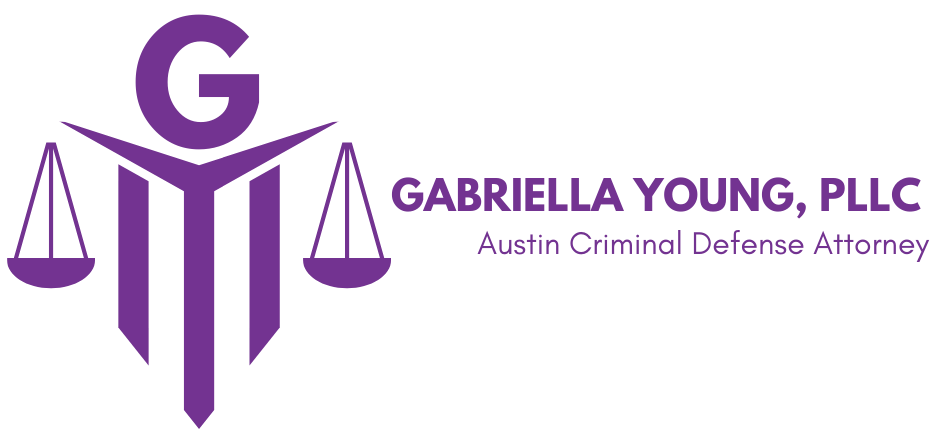Texas Penal Code DWI. If it’s determined that you are driving while intoxicated anywhere in the state of Texas, the chances are extremely high that you will be arrested and jailed due to this offense. DWI offenses are closely related to those involving DUI, or driving under the influence, which only applies to individuals who are under the age of 21, as well as other intoxication offenses such as DWI with Child and Intoxication Assault.
According to Texas’s state penal code Section 49.04 “Driving While Intoxicated”:
“A person commits an offense if the person is intoxicated while operating a motor vehicle in a public place. Except as provided by Subsections (c) and (d) and Section 49.09, an offense under this section is a Class B misdemeanor, with a minimum term of confinement of 72 hours.”
Texas Penal Code DWI Third or More
If the state is successfully able to prove that you have had two previous DWI charges, regardless of when they occurred, you may end up getting prosecuted by state attorneys for Felony DWI. The punishment for this includes mandatory jail time, as well as a rather large probation sentence. Additionally, you also risk being convicted of Felony DWI if it’s found that you have a previous conviction for Intoxication Manslaughter, all of which are third-degree felonies. Furthermore, in addition to the normal fines, other fines may also apply to any conviction of a third or more DWI, meaning you will have to pay an additional $3,000, $4,500, or $6,000.
DWI Texas
In the event that you are arrested for DWI, the arresting officer will confiscate your license. You will then be given a sheet of paper known as a DIC-25, which acts as a temporary license that is only good for a period of 40 days unless you request an ALR hearing in a timely manner. At this hearing, a judge will determine whether or not your license will actually be suspended. Failing to request an ALR hearing will result in your license being suspended by default.
Texas Penal Code DWI. If you end up getting convicted of a DWI, you will not be able to have the charge removed from your criminal record. On the other hand, if your DWI charge were to be dismissed, then there is the chance it could be removed from your record due to a process called expungement. This is a process that an experienced DWI attorney can help you with, so it’s essential to consider making note of this in the event that you or someone you know ends up facing DWI issues.

